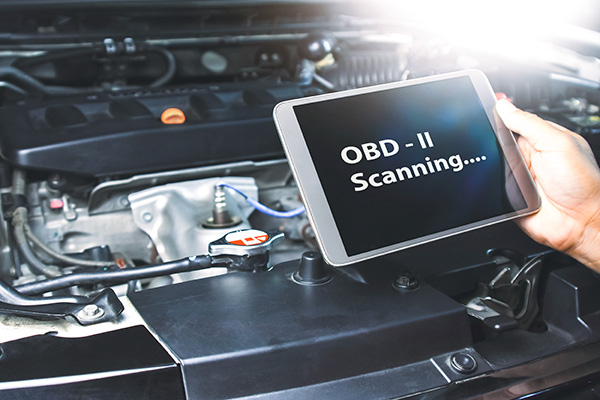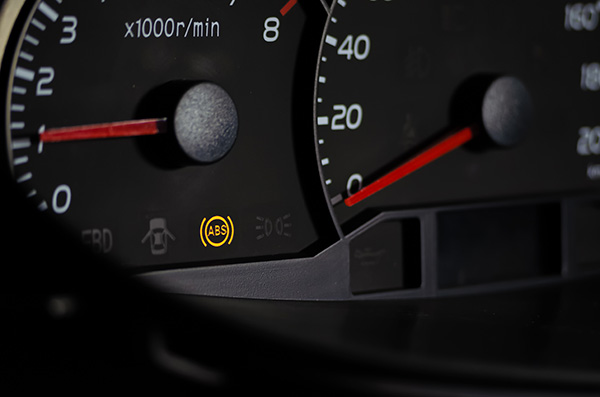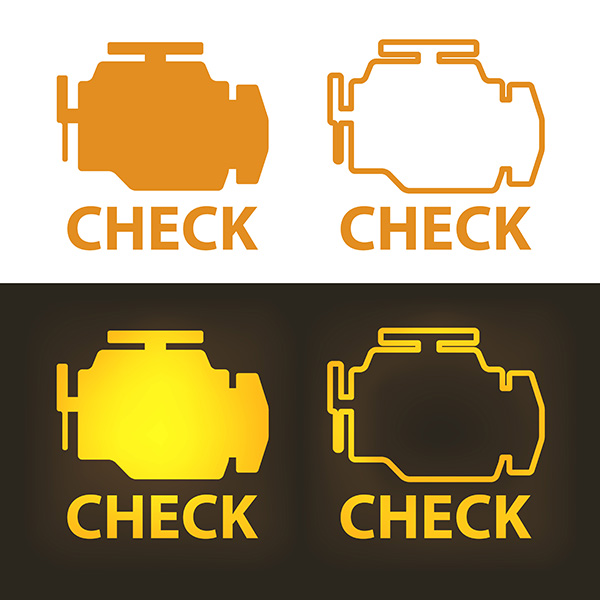Posted on 1/30/2026
%20copy.jpg)
A failing wheel bearing has a sneaky way of becoming part of the background. At first it is just a faint hum you notice with the radio off, then it shows up on the same stretch of road, then you start turning the volume up without thinking about why. The problem is, once the noise gets obvious, the bearing is usually well past the early stage. If you learn the subtle tells, you can catch it before it becomes a loud, stressful drive that makes you second-guess every mile. Why Wheel Bearing Noise Starts Subtly Wheel bearings let your wheels spin smoothly while supporting the weight of the vehicle. When they are healthy, they are basically silent. When they start to wear, the first changes are often internal, tiny pits in the bearing surfaces or lubrication that is breaking down, and that creates a low, steady sound that is easy to blame on the road. What makes this tricky is that the sound often comes and goes depending on speed and load. You might only hear it at ... read more
Posted on 12/19/2025

Most drivers think of a “diagnostic” as plugging in a scanner to read a check engine light code. In reality, a proper diagnostic session can reveal far more than a single trouble code. Modern vehicles constantly record data about how sensors, modules, and mechanical parts are behaving, even when no light is on. When a technician knows how to read that information, it can uncover problems long before you are stuck on the side of the road. 1. Old or Hidden Faults That Never Turn On the Light Your car’s computers store information even when the dash looks perfectly normal. Some faults only show up for a moment, then disappear before the light has time to come on. Others are stored as “history” or “pending” codes that never turn into an obvious warning. During a diagnostic, technicians can see: Past misfires that happened under certain load or rpm Short-term voltage drops that hint at battery or wiring issues Intermittent sen ... read more
Posted on 11/28/2025

Holiday shopping crowds turn easy parking into tight maneuvering. With more carts, hurried drivers, and narrow spaces, minor body damage becomes common. A few small habits reduce your risk a lot. Here are seven practical tips you can use right away to keep your paint looking good through the season. 1. Choose Your Space With Strategy, Not Convenience A short walk beats a long repair. Look for end-cap spots and pull-through spaces that let you face outward. Parking a few rows further out lowers the chance of someone squeezing in too close. Avoid cars that are crooked or over the line, oversized trucks that block your view, and cart corrals where loose carts collect. If you drive a longer vehicle, pick a space with a clear forward exit so you are not backing into cross-traffic. 2. Park Precisely and Leave Clearance Center the car between the lines and straighten the wheel. If you are off by even a foot, your door and the neighbor’s door are no ... read more
Posted on 10/31/2025

Your dashboard is full of symbols designed to alert you to potential issues, and one of the most important is the ABS warning light. If you’ve ever noticed it glowing in amber while driving or during startup, it’s worth paying attention. ABS, or Anti-lock Braking System, plays a major role in your car’s safety, especially in slippery or emergency braking situations. When that light turns on and stays on, it means something in the system isn’t functioning as it should. Here’s what that light means, why it comes on, and what steps you should take next. What Is the ABS The ABS system helps prevent your wheels from locking up when braking hard or on slick surfaces. Without it, you could skid uncontrollably during sudden stops. ABS uses sensors and electronic control modules to monitor wheel speed and adjust brake pressure in real time, giving you better control of your vehicle while reducing stopping distance in many scenarios. While the s ... read more
Posted on 9/26/2025

Many drivers have pushed an oil change past its due date once or twice. Life gets busy, and sometimes routine maintenance slips through the cracks. But if your check engine light suddenly appears, you might be wondering if there’s a connection. Delaying oil changes can absolutely trigger the check engine light. What starts as a minor oversight can lead to serious consequences for your engine if ignored for too long. How Engine Oil Protects Your Vehicle Engine oil has one of the most important jobs under the hood. It lubricates the engine’s moving parts, reduces friction, absorbs heat, and traps dirt and debris. Clean, fresh oil keeps everything running smoothly and prevents parts from grinding together. Over time, oil breaks down and collects contaminants. It becomes thick, dirty, and less effective at protecting your engine. When that happens, internal wear increases ... read more